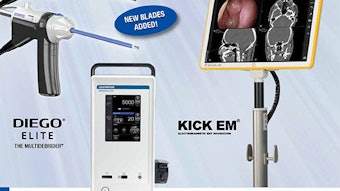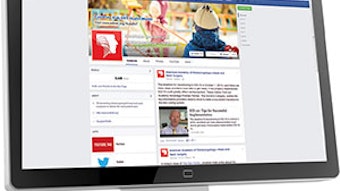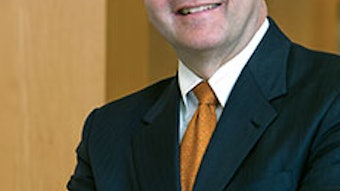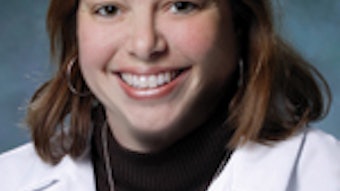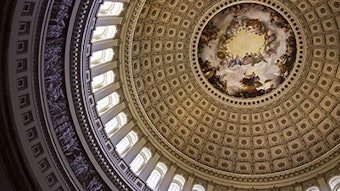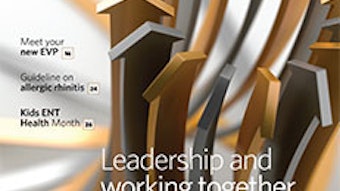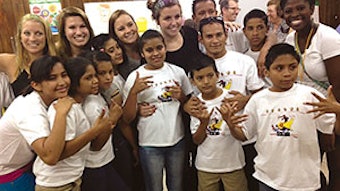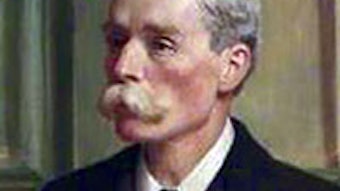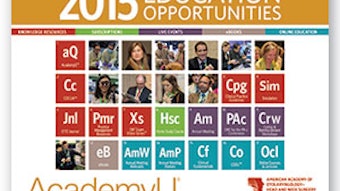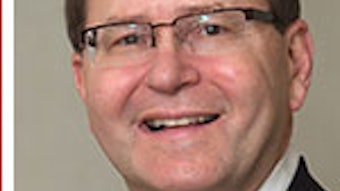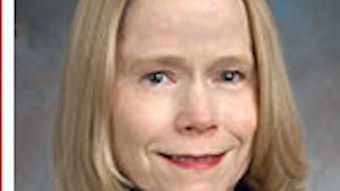Annual Meeting: A transformative experienceExpanded from the print edition
The 2014 AAO-HNSF Annual Meeting & OTO EXPO℠ was an enlightening and transformative experience that greatly excites me because of the tremendous clinical and research opportunities it offered me as I enter the field of otolaryngology–head and neck surgery.
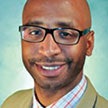 A. McKinney, MD
A. McKinney, MDBy Kibwei A. McKinney, MD, Harry Barnes Endowment Travel Grantee, University of North Carolina–Chapel Hill
The 2014 AAO-HNSF Annual Meeting & OTO EXPOSM was an enlightening and transformative experience that greatly excites me because of the tremendous clinical and research opportunities it offered me as I enter the field of otolaryngology–head and neck surgery. As a resident and father of two young children, the cost of attending this meeting would have been prohibitive, and I am extremely grateful for being selected as the recipient of the Harry Barnes Endowment Travel Grant.
Ready to participate
I have now had three opportunities to attend the AAO-HNSF Annual Meeting. My first two experiences were as a medical student, and during my second-year research block, as a resident. At those stages of my education, I found the meeting both overwhelming and daunting, because I had little clinical experience through which to understand the complex research questions being addressed at the scientific meeting or the topics being discussed in the Instruction Courses. The 2014 Annual Meeting was distinctly different for me; I used this as an opportunity to further bolster my understanding of topics relating to my eventual career in rhinology and anterior skull base surgery.
I arrived in Orlando on Saturday to attend the Harry Barnes Society meeting. I was immediately impressed by the diligence and leadership demonstrated by Lisa Perry-Gilkes, MD, and other committee members. This meeting underscored the importance of my continued involvement with the society, personally, and the need to recruit others in the pursuit of its goals. I joined a subcommittee that focuses on increasing the applicant pool for the visiting clerkship endowment, because I believe the best way to eliminate disparities within our field is by providing the opportunity to medical students considering this discipline as a career.
The importance of the SRF Section
On Sunday, the turnout for the General Assembly of the Section for Residents and Fellows-in-Training was tremendous, reflecting its leaders’ efforts. As a seventh-year trainee, I have witnessed the immense transformation of the residency training experience, specifically with respect to the implementation of residency work hours, the logging of key indicator cases, and the evolution of the core curriculum during the last decade. Many of these changes are directly attributable to the ongoing efforts of this section.
Absorbing the Instruction Course and community experience
The highlights of the week for me were the various Instruction Courses that I attended during the afternoon sessions because they provided key insights into clinical, surgical, and practice management tools that I will need upon completion of my fellowship. Many of these lectures focused on surgical techniques, and I learned a great deal about the nuances of frontal sinus anatomy and approaches, including the modified Lothrop technique. I further enhanced my understanding of the management of surgical complications, including the management of CSF fistulas and intra-operative hemorrhage. Finally, I received a crash course in coding, in general, in a talk geared toward trainees, and in rhinology-specific coding, that will invariably equip me well for years to come.
More than anything, attending the 2014 AAO-HNSF Annual Meeting & OTO EXPOSM has made me feel part of a larger community. This is both an honor and a great responsibility, and I look forward to contributing to the Academy throughout my career.
